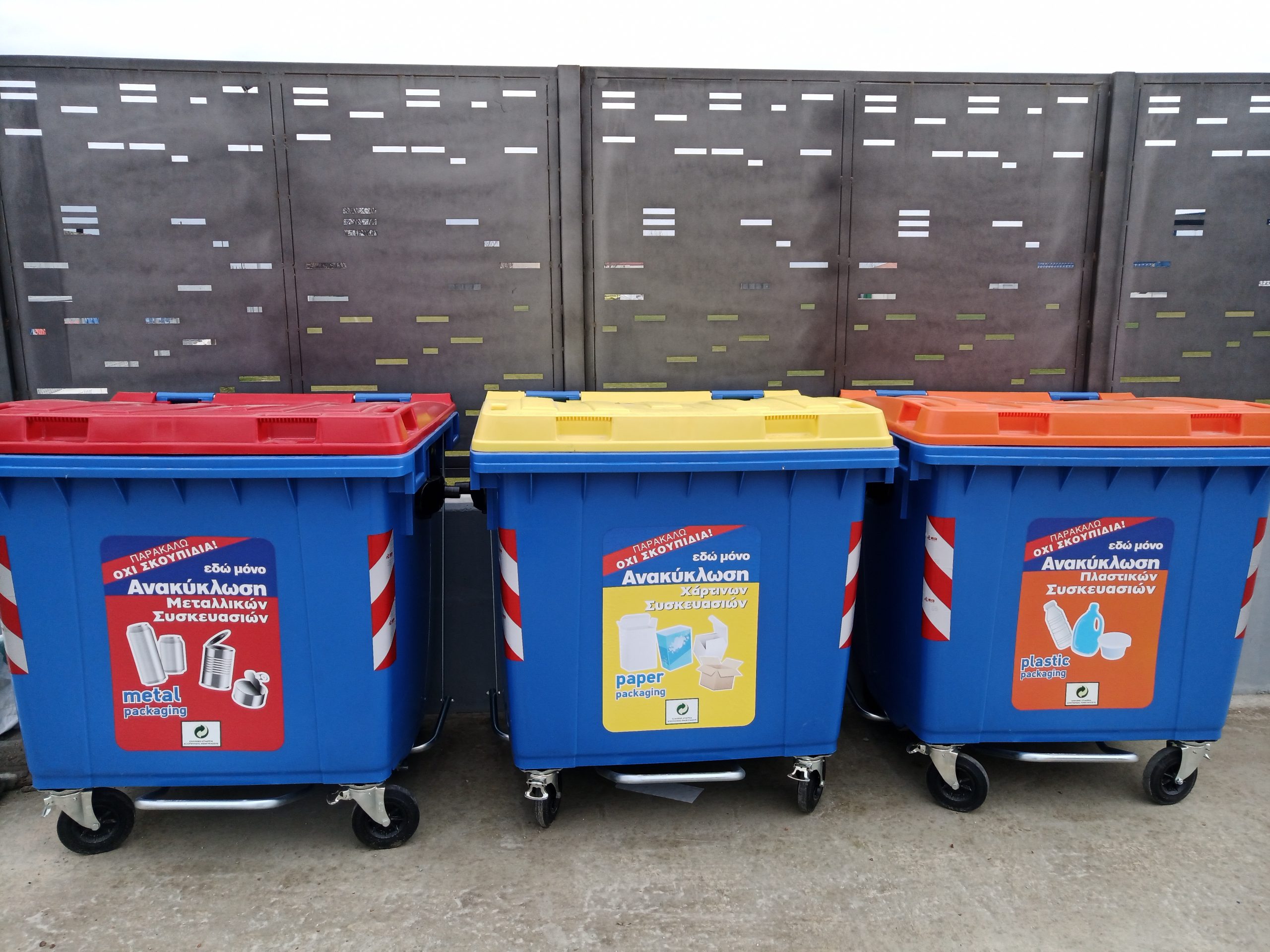Crete, the largest of the Greek islands, is known for its stunning landscapes, rich history, and vibrant culture. As more people from around the world choose to make Crete their home, it’s essential for expatriates to understand and participate in the island’s recycling system. Proper waste management is crucial for preserving Crete’s natural beauty and ensuring a sustainable future. This guide aims to help expats navigate the island’s recycling system, providing practical tips and insights into local practices.
Understanding the Recycling System in Crete
Recycling in Crete is managed by local municipalities, each with slightly different practices and facilities. However, there are common elements and guidelines that most areas follow. The primary goal is to reduce waste, promote recycling, and encourage the responsible disposal of materials.
Key Components of the Recycling System
- Recycling Bins and Centers Recycling bins are strategically placed in urban areas, villages, and public spaces. These bins are usually color-coded to differentiate between types of recyclable materials:
- Blue Bins: These are for mixed recyclables, including paper, cardboard, plastic, metal, and glass. Ensure that items are clean and free of food residue before disposal.
- Green Bins: These are for general waste that cannot be recycled.
- Yellow Bins: In some areas, yellow bins are designated for specific types of waste, such as plastics or hazardous materials.
- Household Collection In many municipalities, there is a regular schedule for household waste collection. Recyclable materials should be separated from general waste and placed in the appropriate bins. It’s important to check the local schedule and guidelines, as collection days and times can vary.
- Composting Organic waste, such as food scraps and garden waste, can be composted. Some municipalities provide compost bins or offer community composting programs. Composting reduces the amount of waste sent to landfills and provides nutrient-rich soil for gardens.
Practical Tips for Effective Recycling
- Separate and Clean Proper sorting of waste is crucial. Always separate recyclables from general waste and ensure that items are clean. Rinse food containers and remove any residue to prevent contamination.
- Reduce and Reuse Before recycling, consider ways to reduce waste and reuse materials. Use reusable shopping bags, water bottles, and containers to minimize single-use plastics. Repurpose items whenever possible to extend their life and reduce the demand for new products.
- Stay Informed Recycling guidelines can change, so it’s important to stay informed about local practices. Check with your municipality for the latest information on what can and cannot be recycled. Participate in community workshops and events to learn more about sustainable practices.
- Engage with the Community Join local environmental groups and initiatives to support recycling efforts and promote sustainability. Engaging with the community can provide valuable resources and create a network of like-minded individuals committed to preserving Crete’s environment.
Challenges and Solutions
Despite efforts to promote recycling, there are challenges that need to be addressed:
- Inconsistent Practices Recycling practices can vary between municipalities, leading to confusion. Expats should take the initiative to understand the specific guidelines in their area and advocate for consistent practices across the island.
- Public Awareness Increasing public awareness about the importance of recycling and proper waste management is crucial. Educational campaigns and community outreach can help foster a culture of sustainability.
- Infrastructure Expanding and improving recycling infrastructure is necessary to accommodate growing populations and increasing waste. Support local initiatives and policies that invest in better recycling facilities and services.
Benefits of Recycling
Participating in Crete’s recycling system offers numerous benefits:
- Environmental Protection Recycling reduces the amount of waste sent to landfills, decreases pollution, and conserves natural resources. It helps protect Crete’s pristine landscapes and marine environments.
- Economic Advantages Recycling can create jobs and generate revenue from the sale of recyclable materials. It also reduces the costs associated with waste disposal and landfill management.
- Community Well-being A clean and sustainable environment contributes to the overall well-being and quality of life for residents and visitors alike. Recycling promotes a sense of responsibility and pride in the community.
Conclusion
Navigating Crete’s recycling system is an essential part of living sustainably on the island. By understanding local practices, separating waste correctly, and engaging with the community, expats can contribute to preserving Crete’s natural beauty and promoting a greener future. Embracing recycling not only protects the environment but also fosters a culture of sustainability that benefits everyone. With collective effort and commitment, Crete can continue to be a shining example of environmental stewardship in the Mediterranean.


